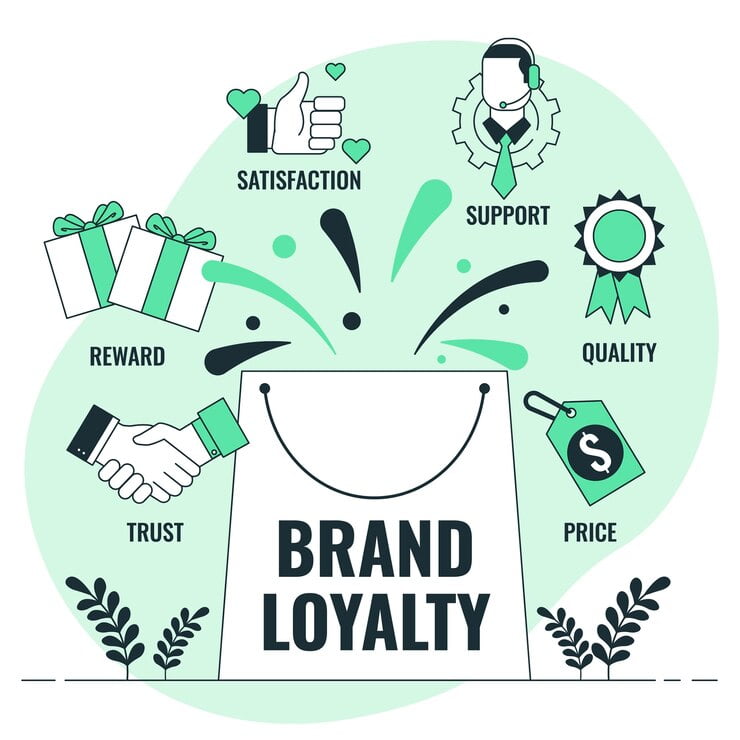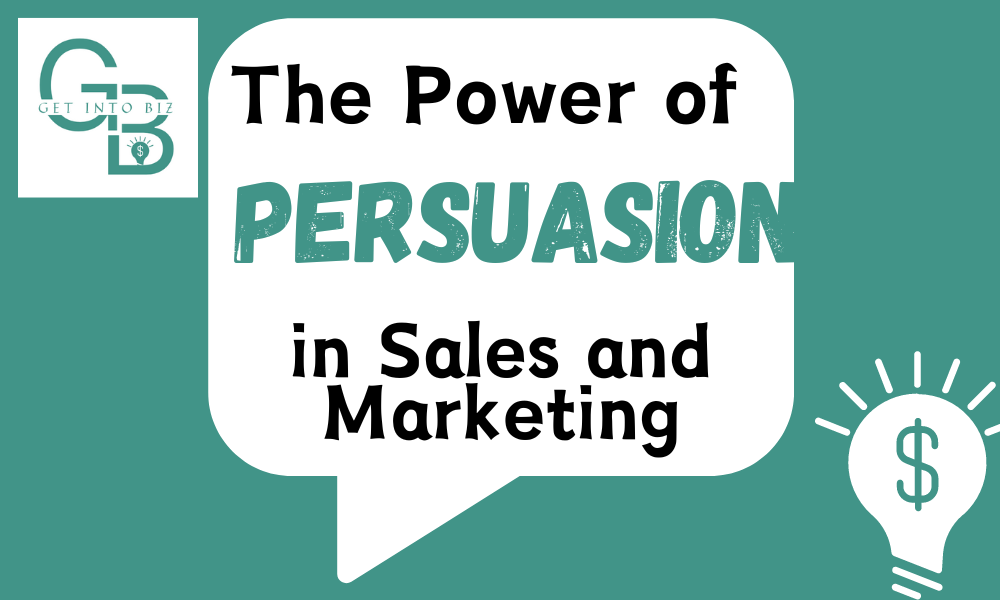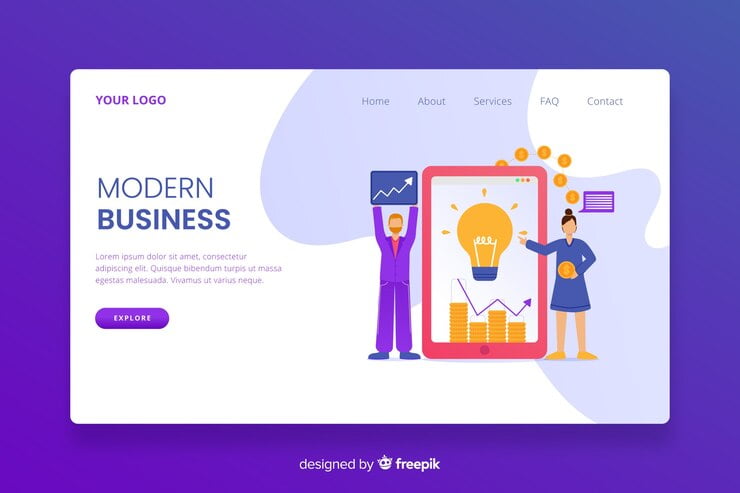Emotional marketing plays a crucial role in building brand loyalty by creating strong emotional connections with consumers. It cultivates trust, strengthens relationships, and encourages repeat purchases.
In today’s highly competitive market, building brand loyalty is more important than ever. Consumers are bombarded with countless options, and emotional marketing goes beyond rational factors like price or product features. It taps into the emotions of consumers, making them feel valued, understood, and connected to the brand on a deep level.
By appealing to their emotions, brands can bring a sense of loyalty and create long-lasting customer relationships.
Table of Contents
ToggleImportance Of Emotional Marketing
Emotional marketing plays a crucial role in creating a strong bond between brands and their consumers. When brands evoke emotional responses through their marketing strategies, it leads to a deeper connection and lasting brand loyalty.
Creating Powerful Brand Relations
By utilizing emotional marketing, brands can create powerful brand relations among their target audience. When consumers feel a strong emotional connection with a brand, they are more likely to develop a sense of loyalty and advocacy. This can lead to increased customer retention and word-of-mouth referrals.

Express Emotional Responses
Emotional marketing is effective in expressing emotional responses from consumers, tapping into their desires, aspirations, and values. By leveraging emotions such as joy, nostalgia, empathy, or trust, brands can create memorable experiences that connect with their audience on a deeper level.
Understanding Brand Loyalty
Brand loyalty is the result of customers forming a strong emotional bond with a particular brand. This connection goes beyond rational decision-making and encourages repeat purchases, advocacy, and overall devotion to the brand. When brands effectively understand and leverage emotional marketing, they can find deeper connections with their audience, leading to long-term loyalty and sustained business success.

Definition And Significance
Brand loyalty can be defined as the degree to which customers consistently choose a particular brand over others within the same category. It signifies the trust, satisfaction, and emotional attachment that customers feel toward the brand. Building brand loyalty is crucial for businesses as it leads to repeat purchases, word-of-mouth referrals, and a buffer against competitive threats.
Factors Influencing Customer Loyalty
Several factors influence customer loyalty, including product quality, customer service, brand reputation, and emotional resonance. Positive customer experiences, personalized interactions, and empathetic communication play a vital role in keeping loyalty. Moreover, loyalty programs, community engagement, and authentic storytelling can also strengthen the bond between the brand and its customers.
Integration Of Emotional Marketing
Integration of Emotional Marketing is crucial for building strong brand loyalty. By embedding emotional intelligence and telling attractive stories into brand communications, businesses can establish deep connections with their target audience.

Incorporating Emotional Intelligence
By understanding and empathizing with the emotional needs of customers, brands can create authentic connections. This brings a sense of trust and loyalty towards the brand, leading to repeat purchases.
Crafting Attractive Stories
Storytelling is a powerful tool for expressing emotions and creating memorable brand experiences. Through captivating narratives, brands can engage customers on a deeper level, forging lasting relationships.
Measuring Emotional Impact
Discover how emotional marketing plays a crucial role in fostering brand loyalty by measuring its impactful connection with consumers. Uncover the significance of gauging emotional resonance in marketing initiatives for sustained customer engagement and loyalty. Optimize brand strategies by utilizing emotional impact metrics to enhance long-term brand-consumer relationships.
Utilizing Consumer Data
Measuring emotional impact is vital for brands looking to build a strong relationship with their customers and bring brand loyalty. By utilizing data analytics, businesses can gain valuable insights into the emotional response of their target audience. Through careful analysis of customer data, such as purchase behavior, social media interactions, and website engagement, companies can uncover patterns and trends that indicate emotional impact. This data can then be used to assess the effectiveness of emotional marketing campaigns and fine-tune future strategies. Utilizing data analytics allows brands to track various metrics that reveal the emotional impact of their marketing efforts. These metrics may include click-through rates, conversion rates, and engagement levels. By monitoring these KPIs, companies can measure the success of their emotional marketing campaigns and identify areas for improvement. For example, if a certain campaign generates high click-through rates but low conversions, it suggests that the emotional appeal may be strong, but the messaging or call-to-action needs adjustment.
Assessing Customer Sentiment
To truly understand the emotional impact of marketing campaigns, it is essential to assess the sentiment of customers. This involves analyzing customer feedback, reviews, and social media mentions to gauge how customers feel about a brand and its messaging. Sentiment analysis tools can help businesses evaluate the overall sentiment as positive, negative, or neutral, and dive deeper into specific emotions expressed by customers. Analyzing customer sentiment provides brands with insights into how their target audience perceives their emotional marketing efforts. Positive sentiment indicates that the emotional appeal connects with customers and strengthens brand loyalty. Conversely, negative sentiment alerts businesses to areas where emotional marketing may be falling short or failing to connect with the desired emotional response. By identifying these gaps, companies can make informed decisions on how to realign their messaging and strengthen emotional connections with customers. In conclusion, measuring emotional impact is crucial for brands seeking to enhance brand loyalty. Through the use of data analytics and customer sentiment analysis, businesses can gain valuable insights into the effectiveness of their emotional marketing campaigns. These insights can guide future strategies, ensuring that each campaign connects with customers on an emotional level and strengthens their connection to the brand.
Case Studies Of Successful Emotional Marketing
Apple: The Power Of Emotional Branding
Apple has masterfully utilized emotional branding to foster deep connections with its customer base. Through their iconic advertising campaigns, they evoke strong emotions of aspiration and innovation, positioning themselves as a brand that empowers individuals to dream big and think differently.
Nike: Connecting Emotionally With Consumers
Nike’s emotional marketing efforts have propelled the brand to unparalleled heights, connecting with consumers on a profound level. By effectively showcasing personal stories of perseverance and victory in their commercials, Nike has cultivated a loyal following who align themselves with the brand’s values of determination and resilience.
Future Trends In Emotional Marketing
As consumer behavior continues to evolve, the role of emotional marketing in building brand loyalty has become increasingly important. With advancements in technology and changing consumer preferences, future trends in emotional marketing are set to revolutionize the way brands connect with their audience.

Personalization And Customization
Personalized and customized marketing strategies are set to dominate the future landscape of emotional marketing. By modifying content and messaging to cater to individual preferences and behaviors, brands can create a deeper emotional connection with their audience. Utilizing data to understand consumer needs and desires will enable brands to deliver highly targeted emotional experiences.
Virtual Reality And Fascinating Experiences
The future of emotional marketing will be shaped by virtual reality and fascinating experiences. Leveraging VR technology, brands can transport consumers into engaging and emotional narratives, fostering a sense of connection and empathy. By creating immersive brand experiences, companies can elicit powerful emotional responses, ultimately leading to increased brand loyalty.

To build strong brand loyalty, emotional marketing has emerged as a powerful tool. By carefully tapping into human emotions, brands can forge deep connections with their audience, bringing trust, and creating lasting relationships. This form of marketing allows brands to go beyond the product or service itself and appeal to the core values and aspirations of their target market.
As a result, customers become more emotionally invested, leading to increased brand loyalty and advocacy. Incorporating emotional marketing in your brand strategy can be the key to long-term success.








